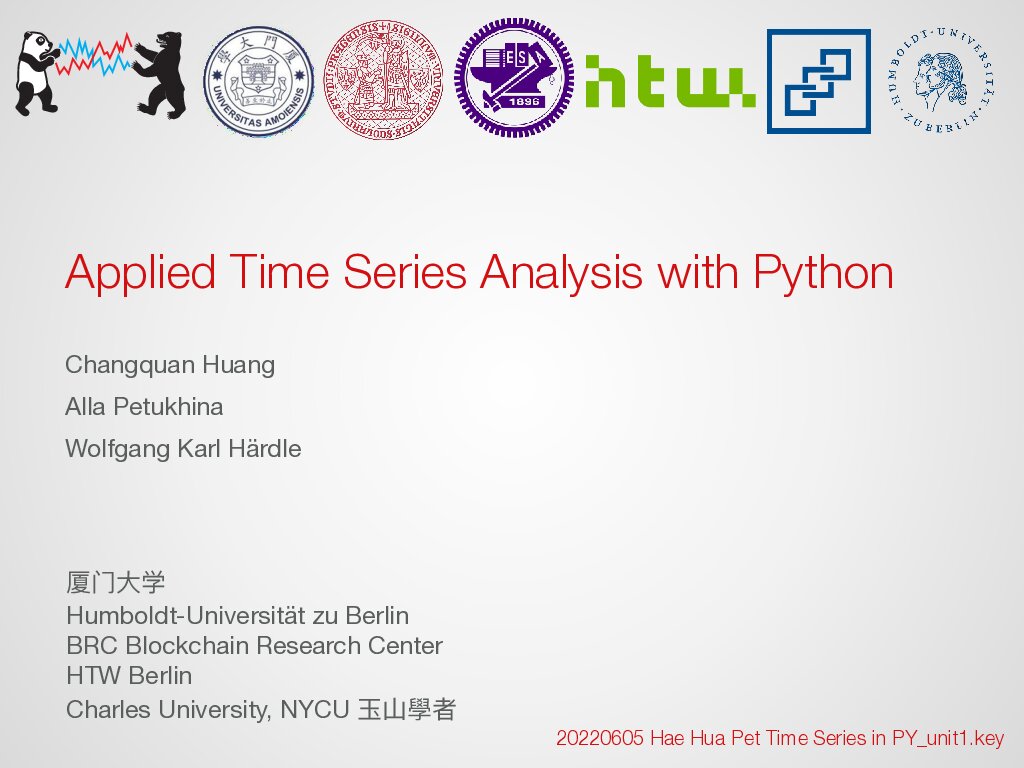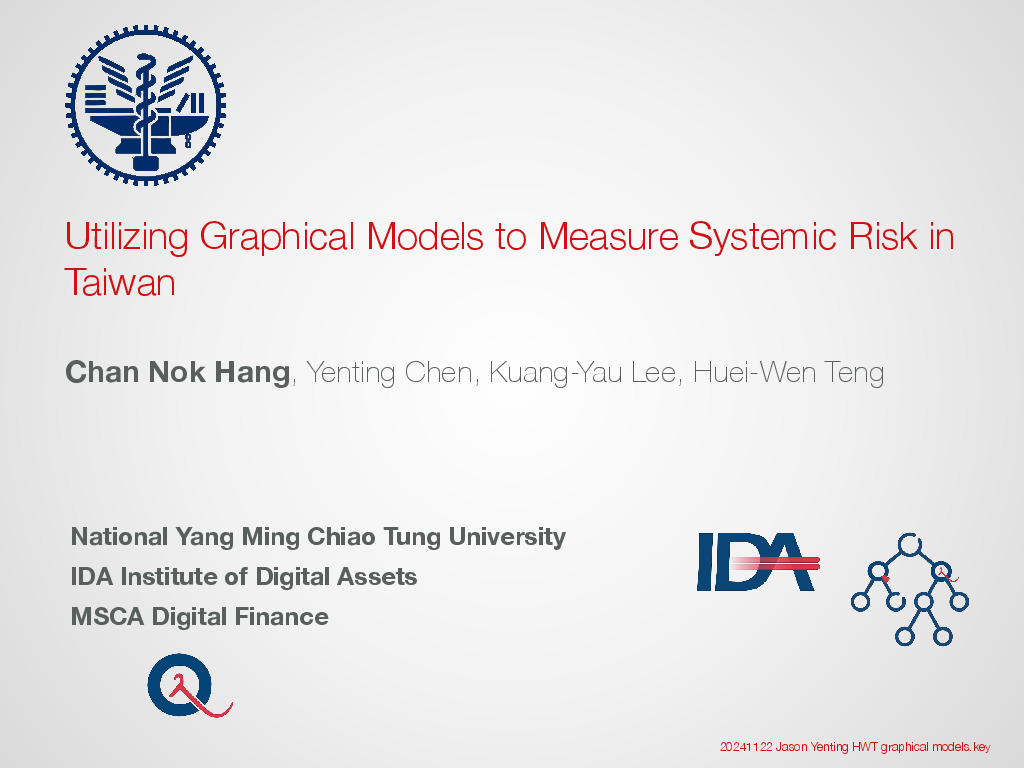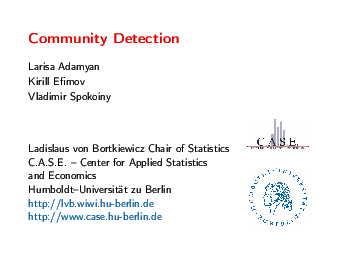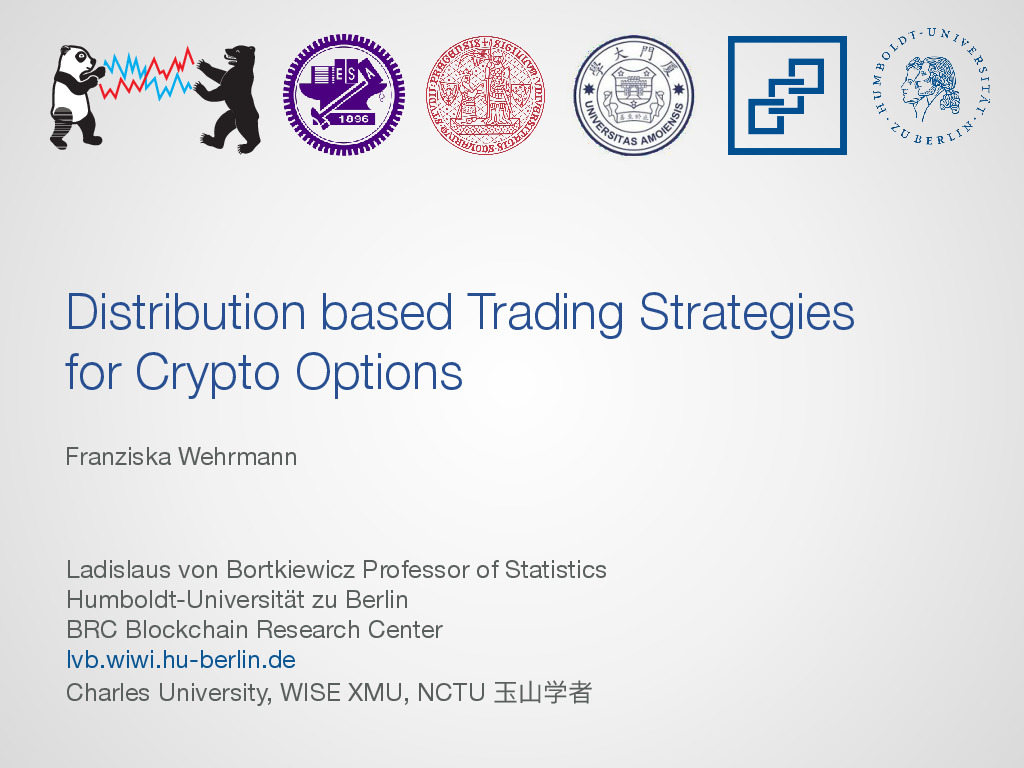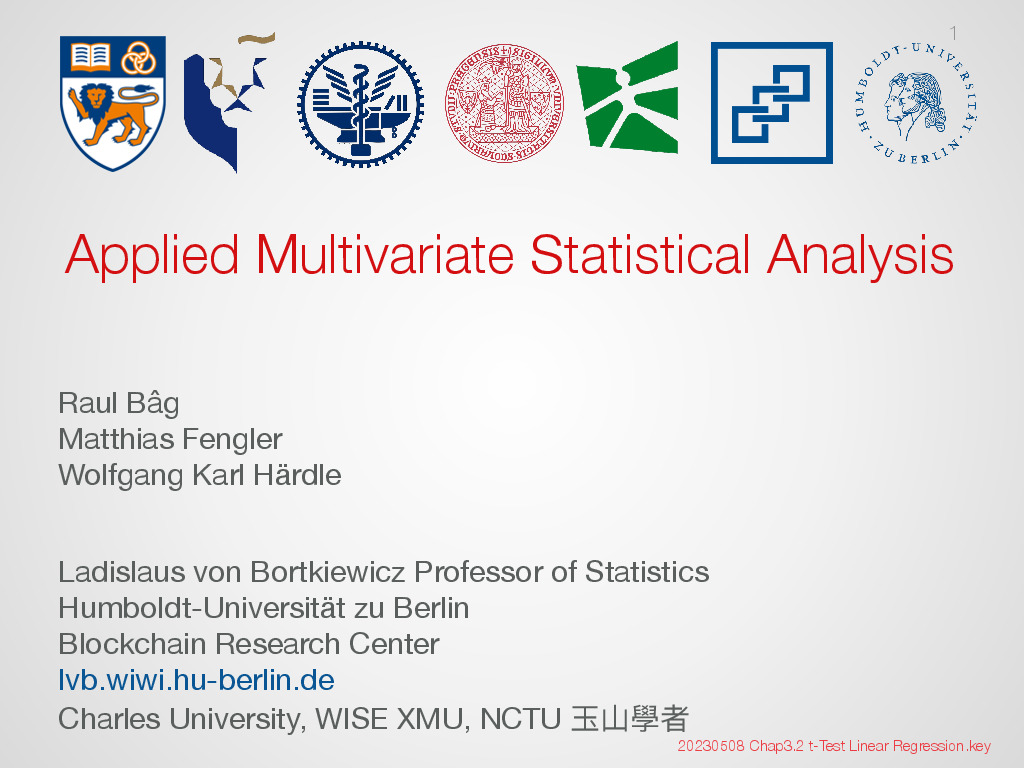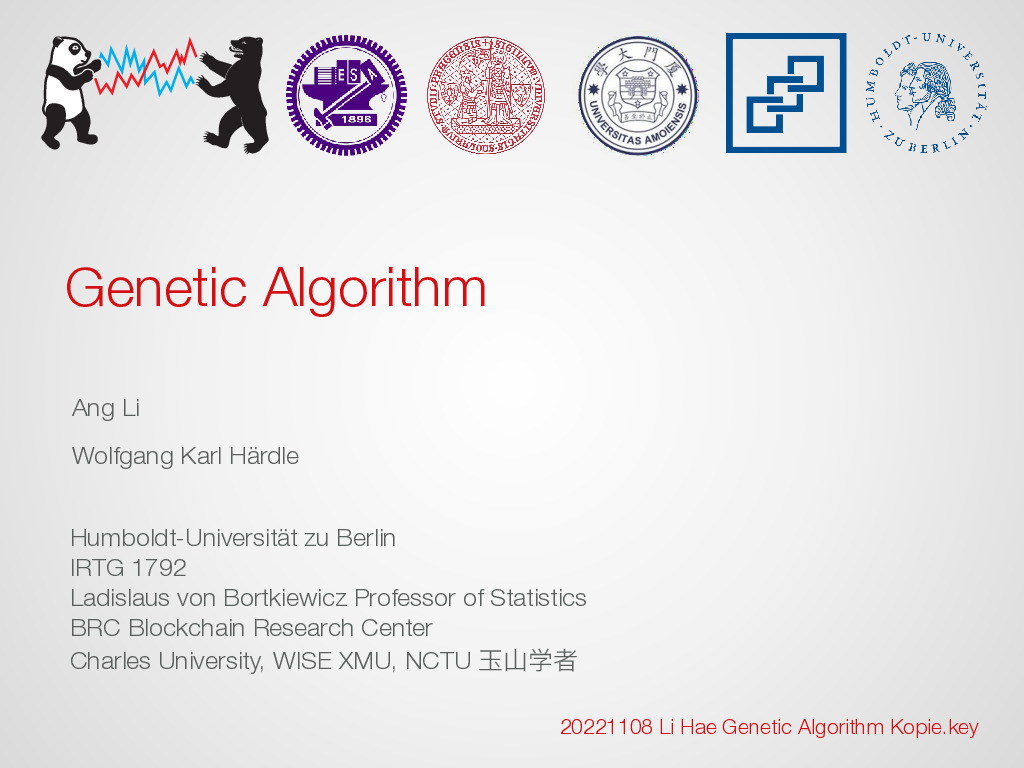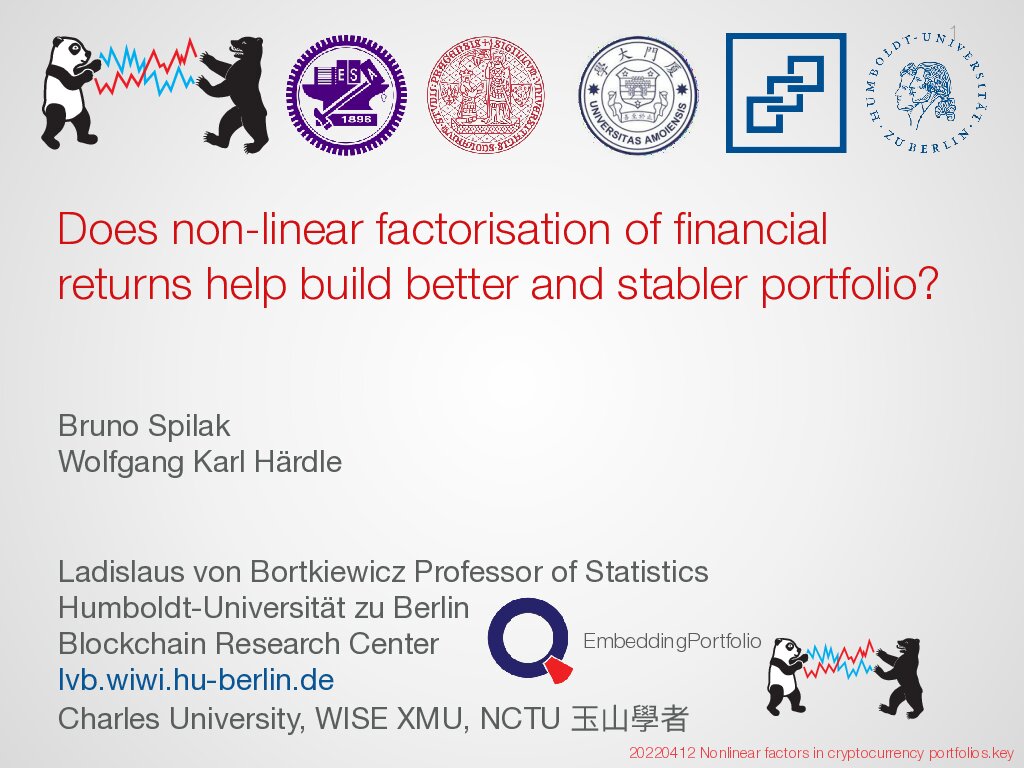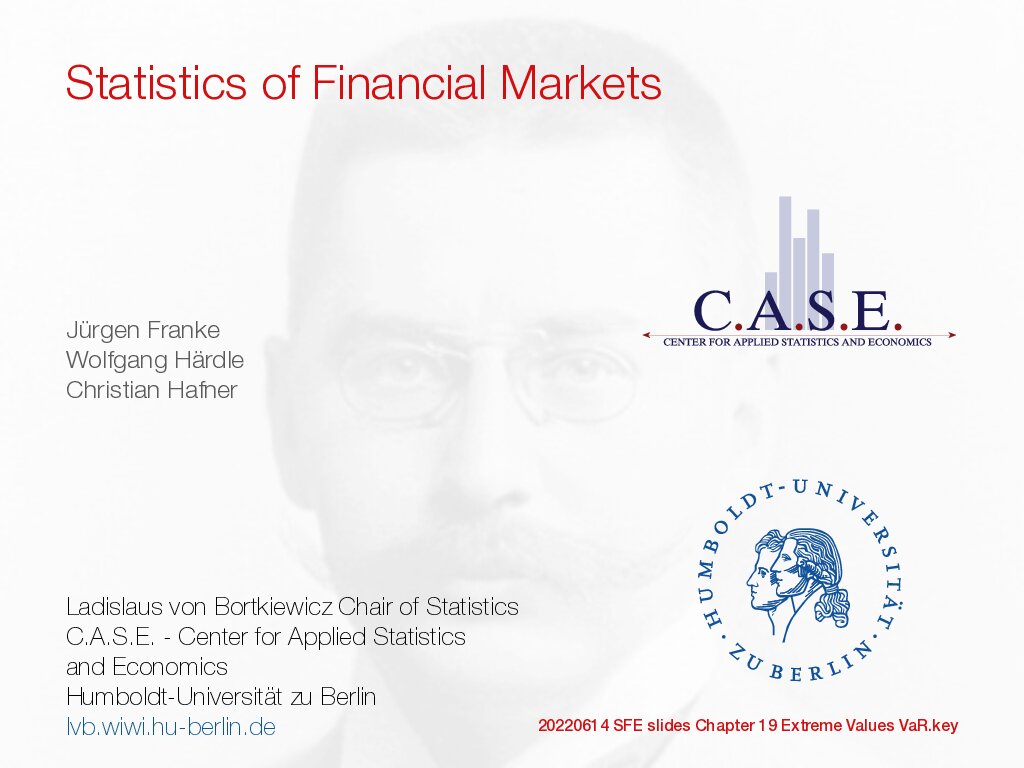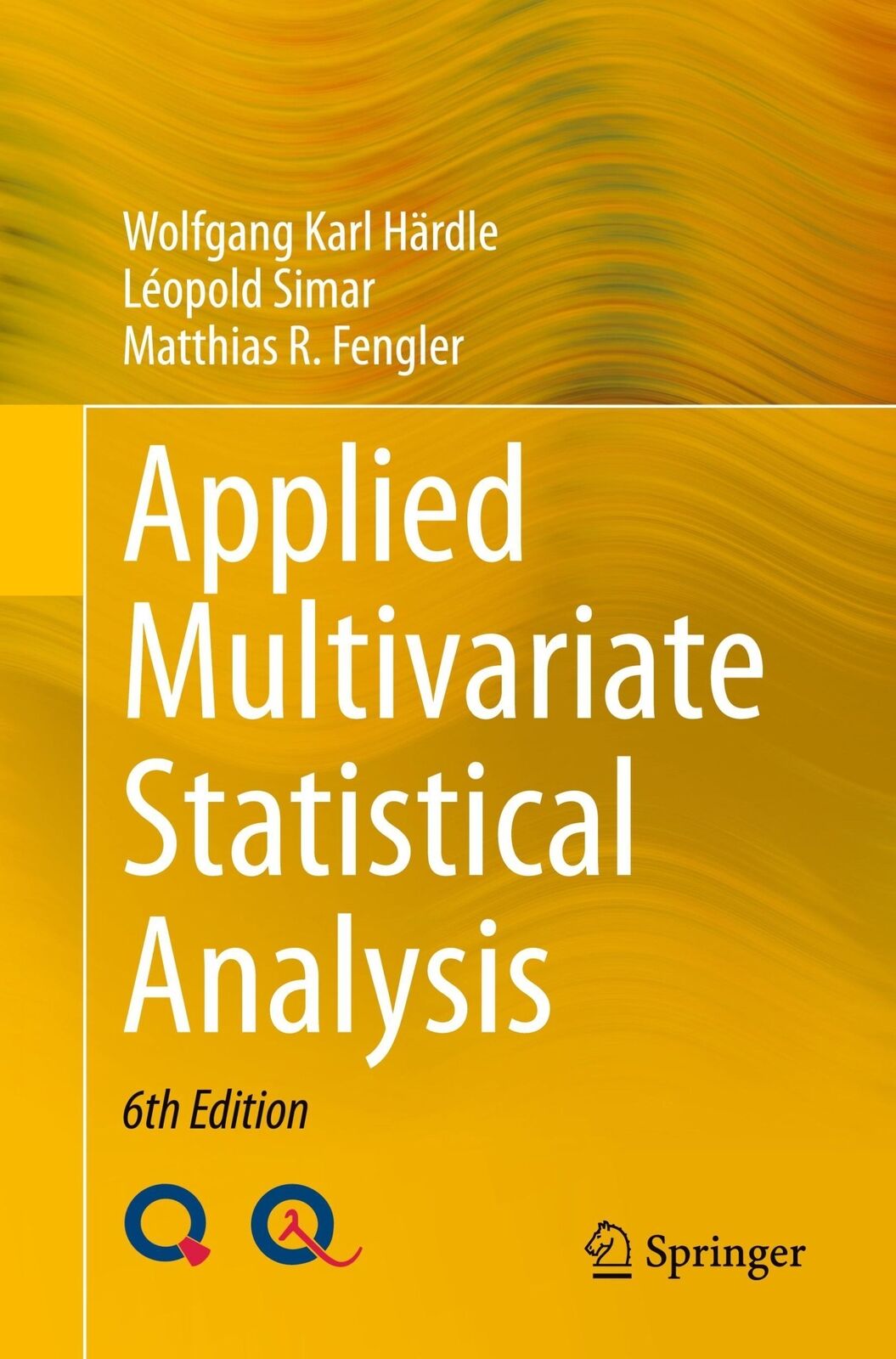Introduction to Applied Time Series Analysis with Python
-
- 0 Rating
- 0 Reviews
- 7 Students Enrolled
Introduction to Applied Time Series Analysis with Python
Applied Time Series Analysis with Python
-
- 0 Rating
- 0 Reviews
- 7 Students Enrolled
Requirements
- Probability theory and statistics, as well as an introductory econometrics course would be very useful. Prior experiences with computer programming are helpful but not mandatory.
General Overview
Description
This course observes classical time series analysis methods of ARIMA models, state-space models, the text includes modern developments including categorical time series analysis, multivariate spectral methods, multivariate and financial time series related models like GARCH the course also includes modern developments including ARMAX models, stochastic volatility, State Space Models and Markov switching models as well as introduction to machine learning. The course focuses on implementation of all methodological concepts in python with help of PythonTsa package.
Courses that include this CL
Recommended for you
Meet the instructors !
Bruno Spilak is currently a research associate and PhD student at Humboldt University of Berlin with International Research Training Group IRTG1792 “High dimensional non stationary time series analysis”.
Along with a double masters degree in Statistics from Humboldt-Universität and ENSAI (a french Engineer Grande École), he has a rich background in research, scientific presentations and teaching.
Since 2018, he has co-taught graduate level courses related to smart data analysis, machine learning and mathematical statistics at his current institute and completed various research projects related to statistics, econometrics, machine learning and finance.
In parallel, Bruno has worked in multiple startups in Berlin as a Machine Learning scientist and co-built automated KYC products with deep computer vision tools.
Presently, he is working on the methodology to construct portfolios with non-parametric statistics tools such as neural networks.




